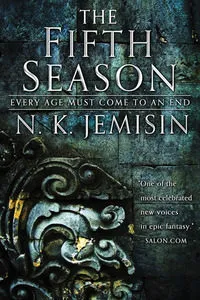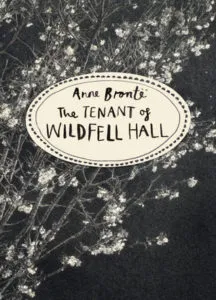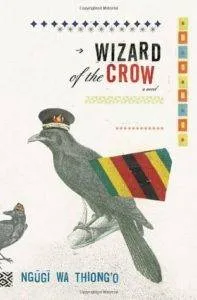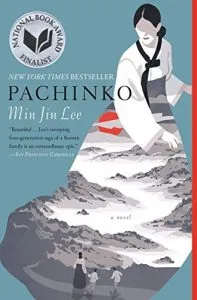
8 Long Reads to Commit To in Cold Weather
This content contains affiliate links. When you buy through these links, we may earn an affiliate commission.
Over the past few years, I’ve taken the time to dive into a few classic Big Books or series that I floated through: big, gorgeous Penguin Classics or fantastical paperbacks, breaking the spines and letting them swallow me up and protect me from harsh wintery winds. Something about the cold makes them feel more inviting; makes me feel more amenable to immersing myself in one long tome instead of many smaller ones—as a fun fact, I read almost all of the books I’ll recommend below in the deep chills of winter or early spring.
This desire to dive deep into a long book, or into a series, is made particularly interesting because I can be irritable about very long books. I expect more from them. If a book is more than 400 pages, I expect it to need those 400 pages to tell its story or express its tone; if I feel it could have been 300 pages with a more cutthroat eye, I tend to feel like it’s wasted some of my time. I already wrote a post about how difficult it can be to slow down your reading without feeling guilty—when I’ve committed to reading a very, very long book, I already find myself anxious about the time it’s taking to read compared to ten other books I could have read in its place. So it needs to be good. This makes the books that do need their 400+ pages all the more special.
 Here are a few of those book recommendations: long books to read during winter months, during snowstorms, when you’re happy enough to crack open and dig into hundreds of pages for a slow, lush build of a story, a warm mug of tea (or whiskey) by your side.
Here are a few of those book recommendations: long books to read during winter months, during snowstorms, when you’re happy enough to crack open and dig into hundreds of pages for a slow, lush build of a story, a warm mug of tea (or whiskey) by your side.
I read the entire Broken Earth trilogy over a single holiday break, and it broke me in all the best ways. If you’re a SFF fan who hasn’t read this series, you have to get with the times: every single novel in this trilogy—The Fifth Season, The Obelisk Gate, and The Stone Sky—won the Hugo Award, and The Stone Sky also won the Nebula. On a dystopian supercontinent, a Fifth Season arrives: an episode of catastrophic climate disaster. Here, the orogenes possess the power to control energy—prevent or cause earthquakes, manipulate temperatures—and as a result, they are feared, oppressed, and murdered. In this world, mother Essun sets out to find her daughter, and a tale of truly epic scope begins. I had the honor of telling Jemisin herself at BookExpo 2018 that The Stone Sky made me cry an embarrassing amount on my plane back to Chicago just before the new year.
In this hefty classic, Mr. Gilbert Markham finds himself enchanted with new neighbor and mysterious, reserved widow Helen Graham and her young son Arthur. But Helen has her own secret past, and the plot unfolds through long letters and journal entries, splitting the narration between Helen and Gilbert. This is a slow burn of a romance, centered on Gilbert’s respect for Helen and Helen’s love for her son and desperate desire to escape what’s chasing her; a story of toxic masculinity, controlling men, and real-life horrors. This novel was an absolute joy to read in snow-coated Buffalo, as I visited my grandparents last Thanksgiving.
A brilliant surrealist satire that captures a dictatorship in all of its dangers as well as its ridiculous rules, its showmanship, its sycophants. The novel is foolish, absurd: characters contort in ludicrous ways to accommodate the ways the Ruler bends the past, the truth, and logic. And when Kamiti finds himself at the center of a modern-day folktale, and befriends protest movement leader Nyawira, he becomes accidentally key to the opposition movement. This is a superb novel: a slow build, but worth it from beginning to end, referencing itself, making in-jokes with the reader, and all around telling a fantastic, intricate story.
Pachinko is a stunning, 479-page work of historical fiction that tells the story of four generations of a Korean immigrant family that settles in Japan in the early 1900s. Matriarch Sunja presides over the novel, tough, determined to survive, to keep her sons alive and to compromise as little as she can. Lee’s novel spans the 1900s to ’80s, and digs into the world of Korean immigrants in Japan: revealing the bullying, prejudice, institutional challenges, and more that Koreans had to overcome to succeed. A superb book and a finalist for the National Book Award, Pachinko is a gorgeous family epic that will keep you engaged through the chilliest of winter nights.
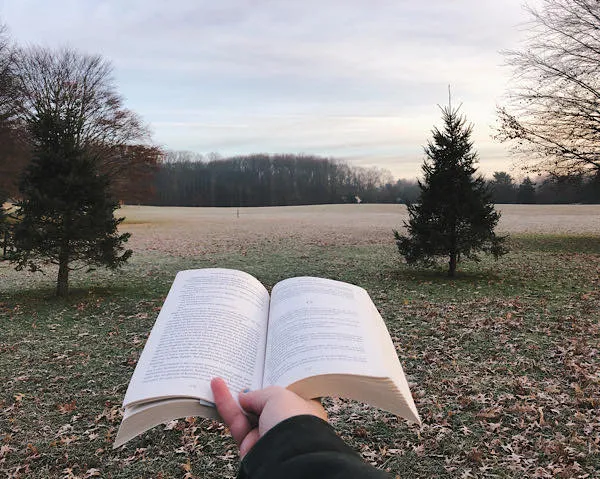 Here are a few of those book recommendations: long books to read during winter months, during snowstorms, when you’re happy enough to crack open and dig into hundreds of pages for a slow, lush build of a story, a warm mug of tea (or whiskey) by your side.
Here are a few of those book recommendations: long books to read during winter months, during snowstorms, when you’re happy enough to crack open and dig into hundreds of pages for a slow, lush build of a story, a warm mug of tea (or whiskey) by your side.



